Vyosha stands for the three pungents, namely dry ginger, black pepper and long pepper. Kapha derangement manifest in the body as sluggishness, reduced function and poor quality of body tissues (dhatus). Vyoshadi Kashayam is a potent yet simple combination that expels the vitiated Kapha and restores metabolism. Stimulates the jatharagni and dhatwagni, which translates to good digestion and tissue metabolism.
Vyoshadi Kashayam is a traditional recipe with specific action in remedying low blood Hb levels and associated fatigue. Kashaya or herbal decoctions harness the healing properties of herbs and roots in a mild and easily absorbable water base.
Features & Benefits
- Vyoshadi Kashayam is a potent combination of Trikatu ( Zingiber officinale, Piper nigrum, Piper longum), Punarnava (Boerrhavia diffusa), Ajamoda (Trachyseprmum roxburghianum), Ikshu (Saccharum officinarum), Pathya (Terminalia chebula), Bala (Sida cordifolia), Chincha (Tamarindus indicus), Jambeera (Citrus lemon), Nisa (Curcuma longa), Vajralatha (Citrus quadrangularis), Tripodi (Desmodium triflorum), Loham (elemental iron) etc. in an aqueous base.
- It stimulates the jatharagni and dhatwagni which translates to good digestion and tissue metabolism.
- It is instrumental in improving blood Hb levels. The Vyoshadi Kashayam formula contains elemental iron along with drugs having Amla rasa (sour medium), which facilitates good uptake of iron from the gut.
- It remedies symptoms associated with anemia like pallor, breathlessness and fatigue.
- It is good remedy for symptoms associated with obesity and a sluggish thyroid gland. Stimulates weight loss and a healthy metabolism.
- It prevents intestinal worms. Improves gut health and function. Improves appetite.
- Vyoshadi Kashayam is beneficial in relieving recurrent cold, fever and sinusitis arising from Kapha vitiation in the body.
Dosage and Instructions
Adult: 15-20 ml of Vyoshadi Kashayam mixed with 45-60 ml of boiled and cooled water, twice daily on an empty stomach.
Child: 10-15 ml of Vyoshadi Kashayam mixed with 30-45 ml of boiled and cooled water, twice daily on an empty stomach.
Suitable for all ages, in Physician recommended doses.
Key Ingredients
Shunti(Zingiber officinalis)
Due to its strong flavor, Ginger is an essential ingredient in many Asian cuisines. Its therapeutic benefits have been recorded in Ayurvedic and Traditional Chinese Medicine. Ginger is a potent anti-nauseatic and is beneficial in treating upset stomach. Gingerol and shogaol, active components of Ginger, suppress gastric contractions. Both the fresh and dried rhizomes of Ginger suppress gastric secretion and reduce vomiting. The compounds 6-gingerol and 6-shogaol have a number of pharmacological properties, including antipyretic, analgesic, antitussive and hypotensive properties.
Maricha (Piper nigrum)
Commonly known as black pepper, it is a common ingredient at the kitchen. Its properties include Antidepressant, Antifungal, Anti diarrhoeal, Anti inflammatory, Anti mutagenic, Anti-metastatic activity. Crushed pepper with honey relieves cold and steam inhalation along with eucalyptus reduces chest congestion.
Pippali (Piper longum)
Pippali is known as “Tridoshic” herb as it suits all body types. Thus regular consumption of Pippali in suggested quantity can help you to immune your body to quiet an extent. Pippali has Anti-microbial, Anti-inflammatory activity. Consumption of Pippali is said to exhibit anti spasmodic action and hypoglycaemic effect which is believed to lower blood sugar level. It is also reported to be antagonist in respiratory depression. Also due to its cooling post-digestive effect consumption of Pippali is considered as a safe and effective option to avoid all sorts of digestive disorders.
Ajamoda (Apium leptophyllum)
It is an important drug of Ayurveda, Siddha, and Unani systems of medicine, which consists of umbelliferous fruits. The drug to be used in the formulations are fruits of Apium leptophyllum. According to Ayurveda, Ajamoda Arka is useful in Agnimandya (Loss of appetite), Ajirna (Indigestion), Bastiroga (Urinary bladder disorder), Vata-Kapha-roga (Diseases due to Vata Kapha disorders), and Aruchi (Anorexia).
Punarnava (Boerhaavia diffusa)
Punarnava, a potent ayurvedic has immense health benefits and has been in use since ancient times in treating a host of health anomalies. Commonly known as Hogweed, Sterling, Tarvine in English, Mukarati Kirei in Tamil, Raktakunda, and Shothaghni in Sanskrit, it goes by the botanical name Boerhavia diffusa. Punarnava has powerful analgesic and anti-inflammatory properties, which is extremely beneficial in reducing joint and muscle pain, thereby reducing the chances of chronic autoimmune inflammatory diseases like rheumatoid arthritis.
Sarkara (Saccharum officinarum)
Commonly known as the sugarcane. Its roots are used for the therapeutic purposes. Having properties aphrodisiac (arouse sexual desires), laxative, cooling, demulcent, antiseptic, and tonic. Sugarcane juice is very useful in jaundice conditions.
Vibhithaki (Terminalia Bellerica)
Known as beach almonds or Bedda nut tree, it is rich in Vitamin C, and other antioxidants that nourishes the hair roots. Bibhitaki helps in making the roots of the hair stronger, minimizing hair fall and preventing premature graying of hair strands.
Chincha (Tamarindus indica)
Tamarind is also known as “Indian date” is a sweet and sour fruit that is an integral part of the Indian cuisine and has many health benefits. Tamarind is considered good for constipation due to its laxative property. It helps to boost immunity as it is rich in Vitamin C and antioxidants, making it useful in managing the common cold. Tamarind powder might also help to manage blood sugar as well as insulin levels and is thus considered good for diabetic patients. It might also be beneficial for people trying to manage weight as it helps decrease food cravings thereby preventing overeating.
Haridra (Curcuma longa)
The anti-inflammatory and antioxidant properties of Haridra assist in preventing the progression of diabetes related changes in organs like the kidneys, retina, nerve cells and minute blood vessels in the body . Turmeric is a vital herb in Ayurvedic medicine, whose spice form can be recognized by its dazzling, yellow color. The root of the herb, used either fresh or dried, has a host of medicinal benefits. It acts as a carminative and also enhances the complexion and skin-tone. in addition, Turmeric can be used to combat liver damage, respiratory disorders and ulcers.
Speciality:100% Natural. Herbo-mineral. Vegetarian.





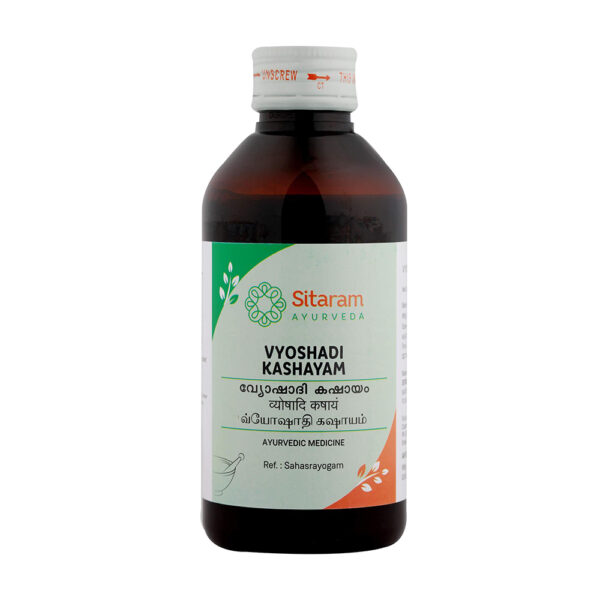
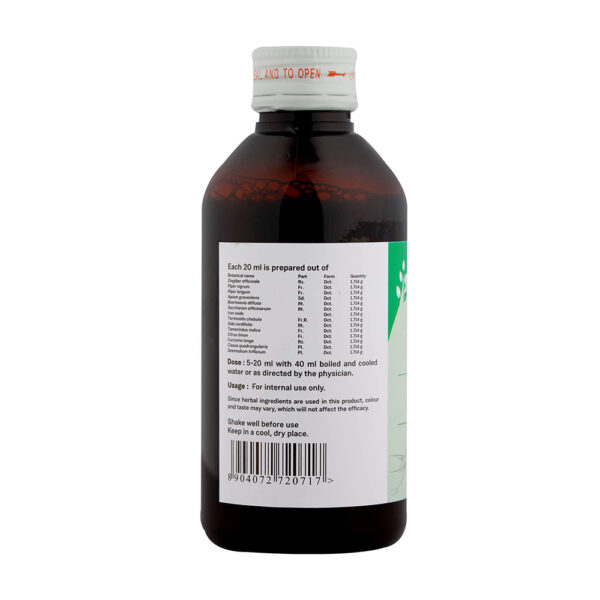
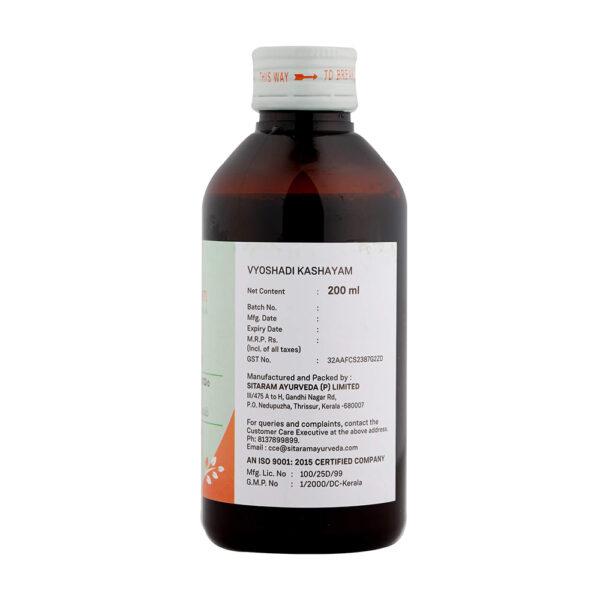
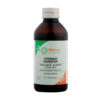
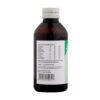
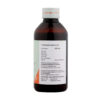






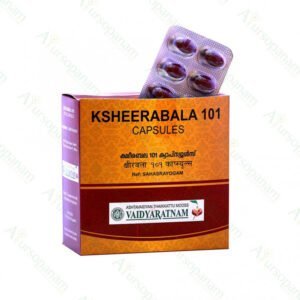


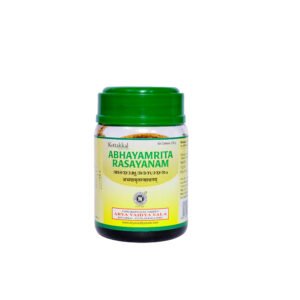




















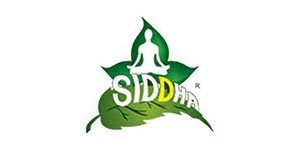











Ratings & Customer Reviews
Reviews
There are no reviews yet.